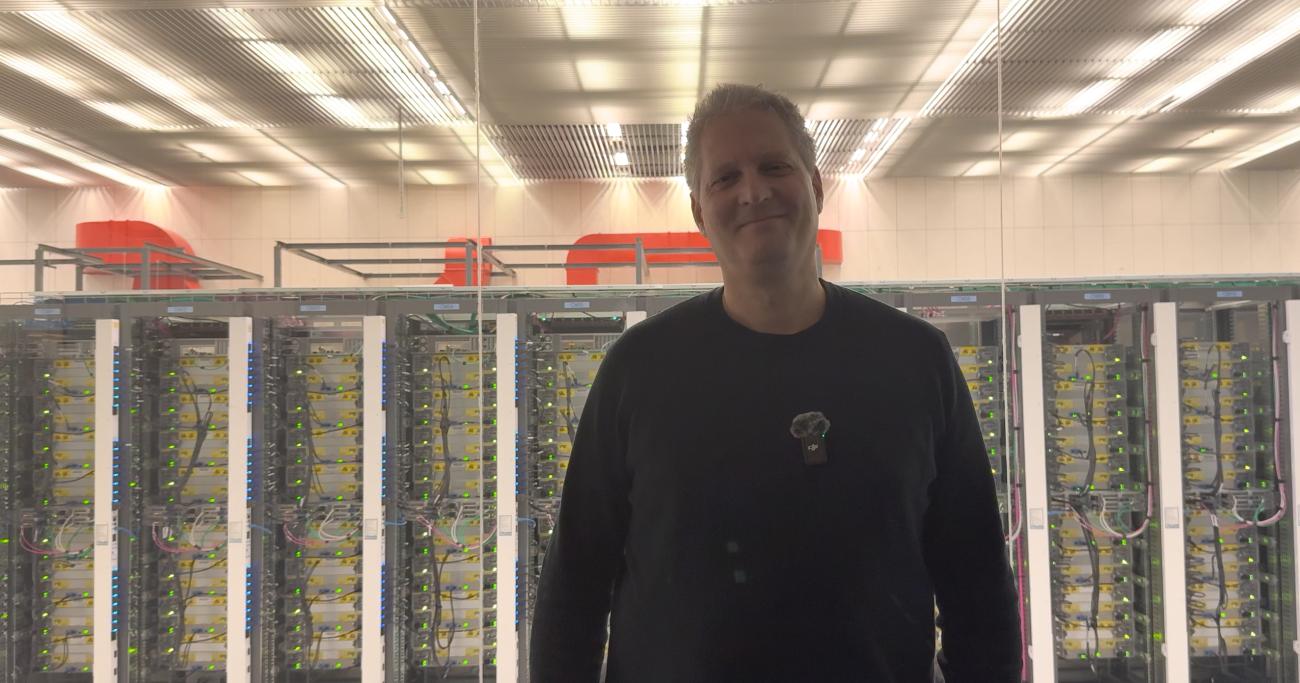We recently met with Axel Naumann, a senior applied physicist at CERN in the Experimental Physics department, to discuss his experience working with CERN openlab over the past few years. Axel oversees CERN's OSPO, the CERN Open Source Program Office. CERN's OSPO aims to help the CERN community with anything related to open source and to boost open science projects worldwide using CERN's open-source software and hardware – extending their impact and use beyond basic research.
Over the past 20 years at CERN, Axel has been developing software for physicists that can be used by a number of institutes and organisations external to CERN. However, these external institutes and organisations could operate on vastly different IT architectures–setups that Axel humorously refers to as 'fancy architectures'. Since the software cannot be tested in these different architectures beforehand, problems could arise when trying to make it work on them, leading to a more time-consuming process. For Axel, CERN openlab is a game-changer; it allows CERN scientists to test software on these 'fancy' architectures that we usually don't have access to at CERN. As a result, when collaborating with CERN openlab, CERN scientists can use resources that are not yet widely available at CERN and test their software in a real-world environment to identify any issues.
What makes CERN openlab special for Axel is its role as a hub, connecting industry wanting to test its hardware in a challenging environment such as CERN with physicists who are keen to try new things and see how their hardware behaves in different settings. “Sometimes we hear about new technologies but don't know who to contact. Or we think that maybe this company isn't interested,” explains Axel. B For him, that's where CERN openlab shines. “They know who to contact and how to make the connection between the world of physics and industry." Axel explores how CERN benefits greatly from a mechanism like CERN openlab. “It is not just about access to hardware and testing, but also about knowledge exchange in both directions”.
After seeing most of the previous CERN openlab phases, Axel expects Phase VIII to bridge the gap between high-performance computing (HPC) knowledge and expertise and CERN's software ecosystem. He also believes that openlab will increase CERN’s understanding of its requirements for foundation models in science–promoting partnerships with hardware industries to create an alternative ecosystem more suitable for science.
Watch the video to hear more about why Axel believes CERN openlab is an important mechanism in accelerating computing for science.

